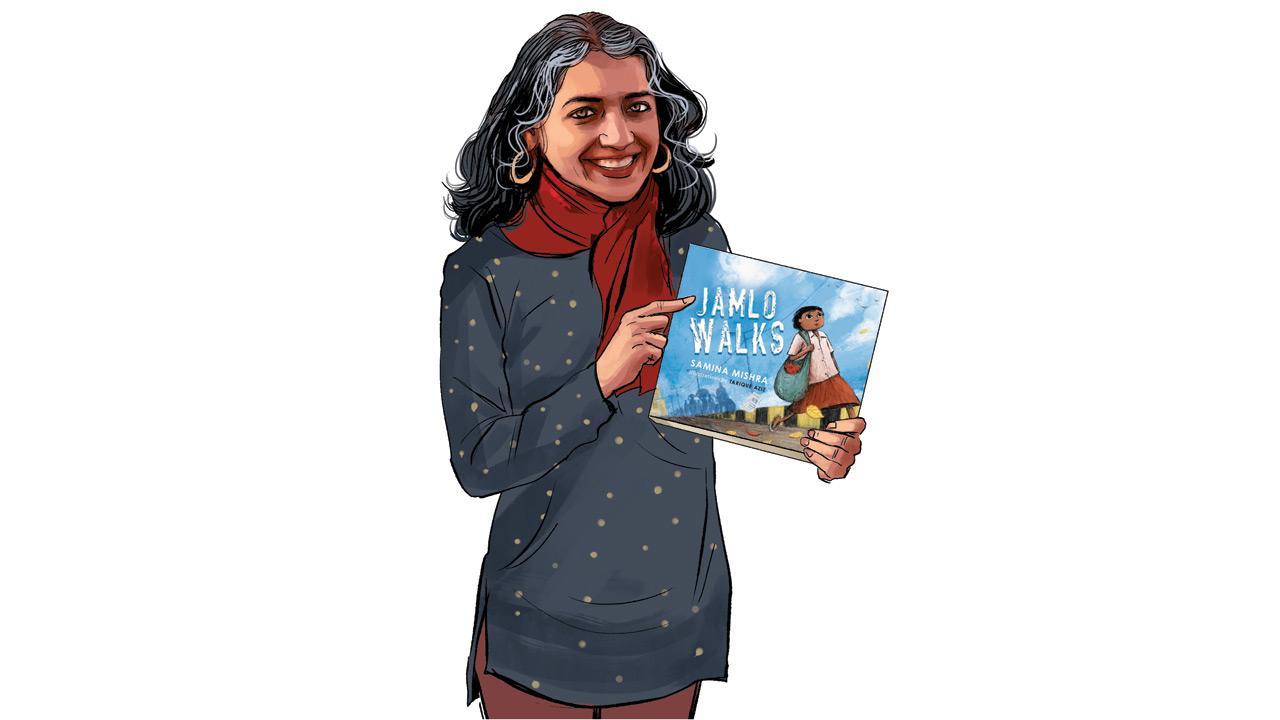Children’s books I love
Updated On: 08 August, 2021 06:53 AM IST | Mumbai | Meenakshi Shedde
Children’s books have dramatically advanced, especially those set in India

Illustration/Uday Mohite
For years, I have been buying a lot of children’s books, imagining I will give them away to children. But mostly, the books are so gorgeous, I simply keep them for myself. Most of the books I read as a youngster, included books like The Emperor’s Nightingale, The Princess and The Pea, Gay Purree (on a posh cat who visits Paris), Enid Blyton’s books, Aesop’s Fables, comics like Archie, The Phantom, Amar Chitra Katha, and Russian story books in English. Most of these were fiction; I can hardly remember any literature that was docu-fiction, closely reflecting reality, let alone the contemporary reality of ordinary, real people around me in India.
But children’s books have dramatically advanced, especially those set in India. Ever since I started teaching English and Life Skills to underprivileged teenagers at the Patuck Junior College about five years ago, I’ve been more interested in Indian children’s literature and inspirational books, especially on Indian women. Tara Books is an ultra and permanent favourite of mine, with gorgeous collaborations between storytellers and Indian and indigenous artists, including Gond artists, Patua scroll painters, etc. These include Trash!, powerful, personal stories of ragpicker children and recycling by Gita Wolf, Anushka Ravishankar and Orijit Sen, and Hope is a Girl Selling Fruit, on the opportunities for an adolescent girl by Mithila painter Amrita Das, Gita Wolf and Suseela Varadarajan.



